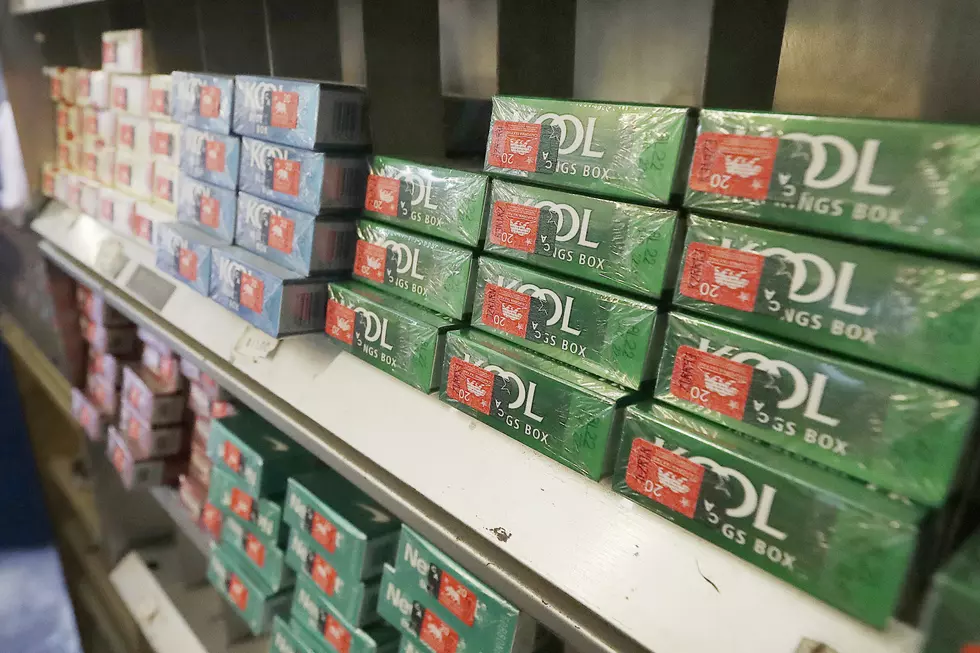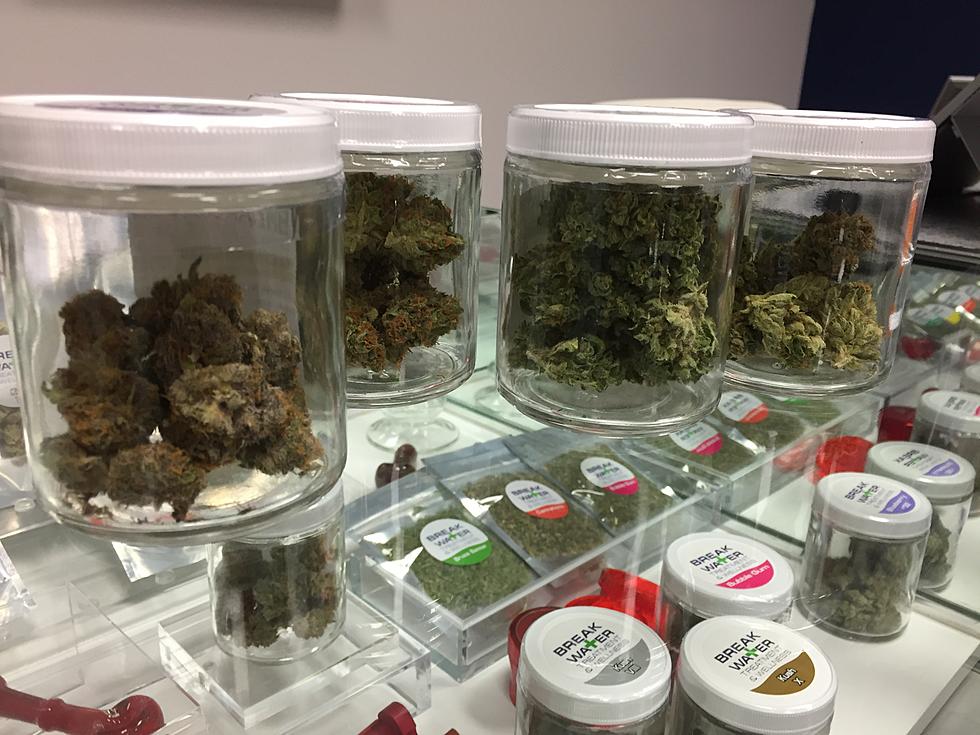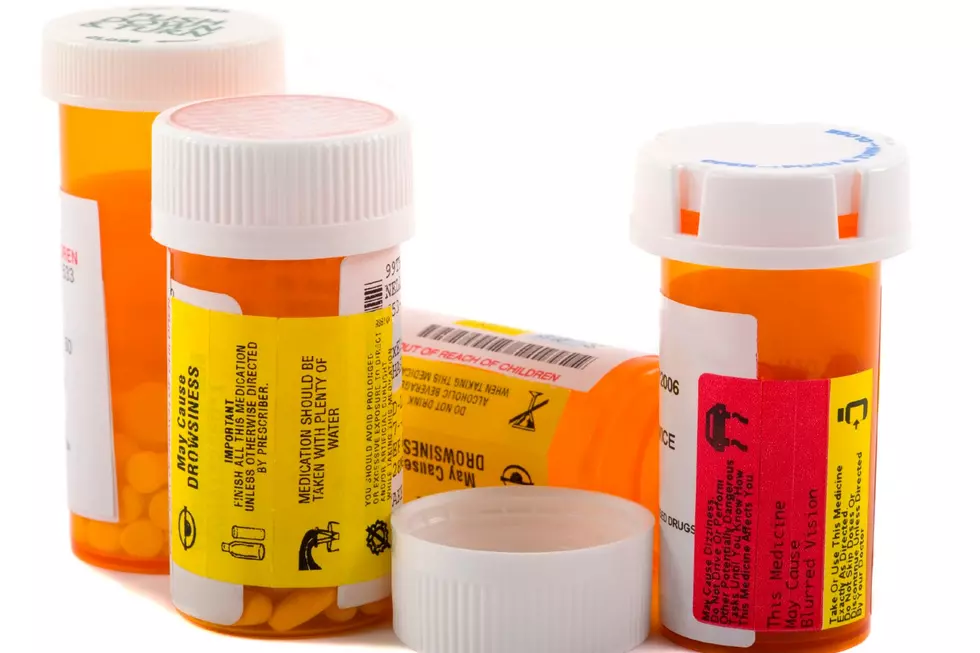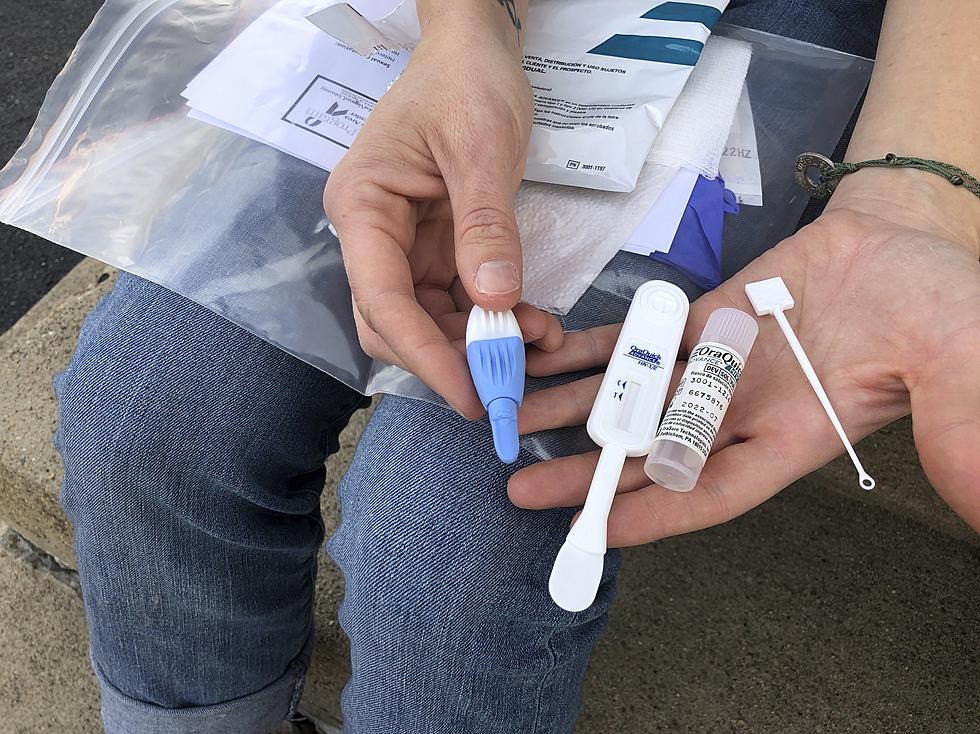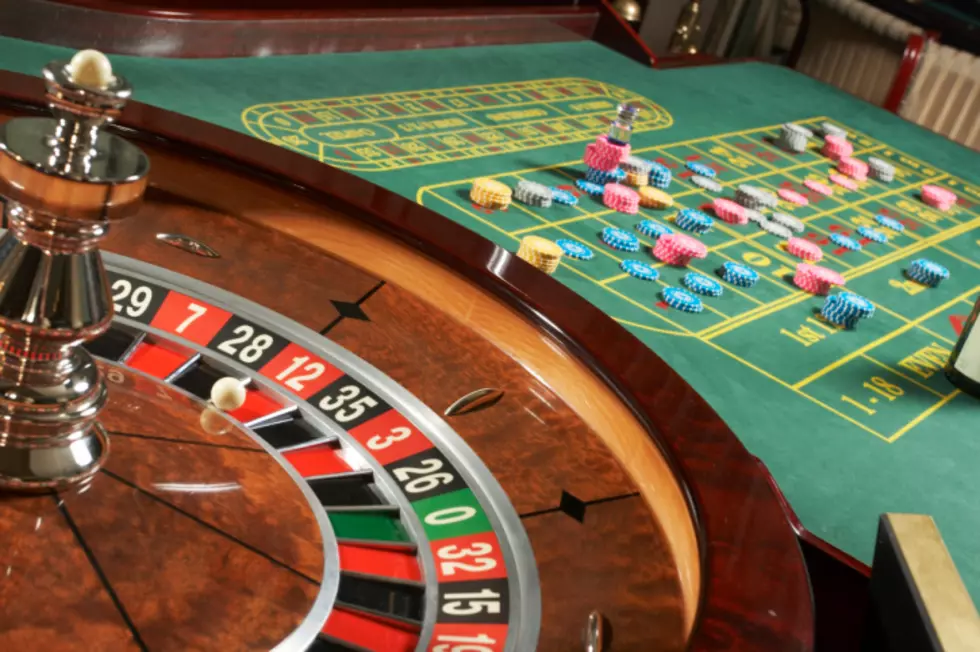
NJ lawmakers push for $10 million to combat child abuse
A group of state senators want New Jersey to spend $10 million to expand a network of child advocacy centers that protect against child abuse and limit the damage when it occurs.
There are currently 11 child advocacy centers in nine counties. Their backers say they are an effective way to improve both prosecutions and recovery though a collaborative and child-focused approach to responding to reports of abuse.
Forensic interviews are videotaped, conducted in a setting that makes the child more comfortable, providing courtroom-worthy evidence that shows a judge and jury the victims as they appeared at the time of the abuse, not years later when they’ve grown older.
The information can lead investigators to learn about other victims, or at least help begin connecting children with mental-health services that can lead to recovery, rather than self-destructive behavior.
“It is our moral and social responsibility to collectively protect children from abuse. When we fail, we must commit to help these children heal and lead productive lives,” said Nydia Monagas, the chapter coordinator of the New Jersey Children’s Alliance.
In 2014, fewer than 2,600 of the nearly 12,000 victims of child abuse were seen in a child advocacy center, Monagas said.
“How we work together — how the prosecutor’s office and how child protective services work — says everything about the future of the child,” said Assistant Prosecutor John Esmerado, who used to work at the Union County Child Advocacy Center. “The sooner we can introduce a child into mental health services more quickly, we can prevent suicidal ideation and post-traumatic stress disorder.”
New Jersey: Decoded cuts through the cruft and gets to what matters in New Jersey news and politics.
The idea was pioneered by Wynona’s House, which was founded 15 years ago in Newark. Senate President Stephen Sweeney became a believer after visiting the facility after Gov. Chris Christie removed three-fourths of its state funding from the 2012 state budget in a battle with Democratic lawmakers.
“It’s about children. It really is about the child. It’s about protecting the child and letting the child get justice and restore themselves to as normal a life as possible,” Sweeney said.
“It needs to be in 21 counties,” Sweeney said. “It opened my eyes when I saw it, and as someone who understood county government and counties real well, I couldn’t believe that something like that didn’t exist where I live because we care just as much about our children that are abused.”
Wynona’s House founder Nancy Erika Smith said she established the facility, which is named for the late Sen. Wynona Lipman, after the experience of her daughter, then in fifth grade, dealing with authorities after she was abused by a substitute teacher.
“I saw first-hand what happens when police officers interview and re-interview a 10-year-old girl. It’s traumatic. It makes the abuse worse,” Smith said.
“At Wynona’s House, we have a child-focused approach to what happened,” Smith said. “It’s not a prosecutor-focused, it’s not a social worker-focused, it’s a child-centered focus on how not to re-traumatize children who’ve already been traumatized.”
The bill was advanced Monday by the Senate health committee. It heads next to the Senate budget committee because it includes $10 million for grants to get centers started, accredited and improved, plus $180,000 to $385,000 a year for additional state workers to manage and support the program.
“When you look at adults who are survivors of abuse and rape, their lives have been destroyed. They rarely if ever recover completely,” said state Sen. Joseph Vitale, D-Middlesex, who chairs the health panel. “The toll it’s taken on them on a personal level – professionally, personally, their families. And the increased rate of incarceration, drug abuse, whether it is alcohol or drugs, employment issues, mental health issues, other behavioral issues, are part of their life.”
“What has to happen when they’re still children and they still suffer this awful abuse, is to be able to be treated and seen and embraced by organizations like Wynona’s House,” Vitale said. “And if we can duplicate, replicate that process throughout the state, we will literally have saved thousands of children from a really uncertain and awful future.”
Last December, the Senate health committee voted in favor of the proposal, but it was late in the session and the bill expired.
Michael Symons is State House bureau chief for NJ 101.5 and the author of New Jersey: Decoded. Follow @NJDecoded on Twitter and Facebook.
More From New Jersey 101.5 FM

